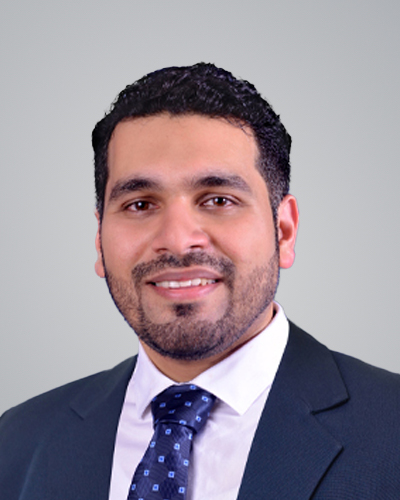The Department of Rheumatology at Aster MIMS Kannur deals with the diagnosis and management of various types of Arthritis and other musculoskeletal conditions.
Rheumatologists are specialists with expertise in managing these conditions, especially autoimmune disorders. With the support of our in-house laboratory services, Aster MIMS Kannur is equipped to provide specialised tests essential for the diagnosis of autoimmune conditions. We are also equipped with state-of-the-art imaging modalities like CT, MRI Ultrasound and DEXA scan.
Our treatment modalities are based on evidence-based scientific research. We offer both out-patient, in-patient and emergency clinical services.




